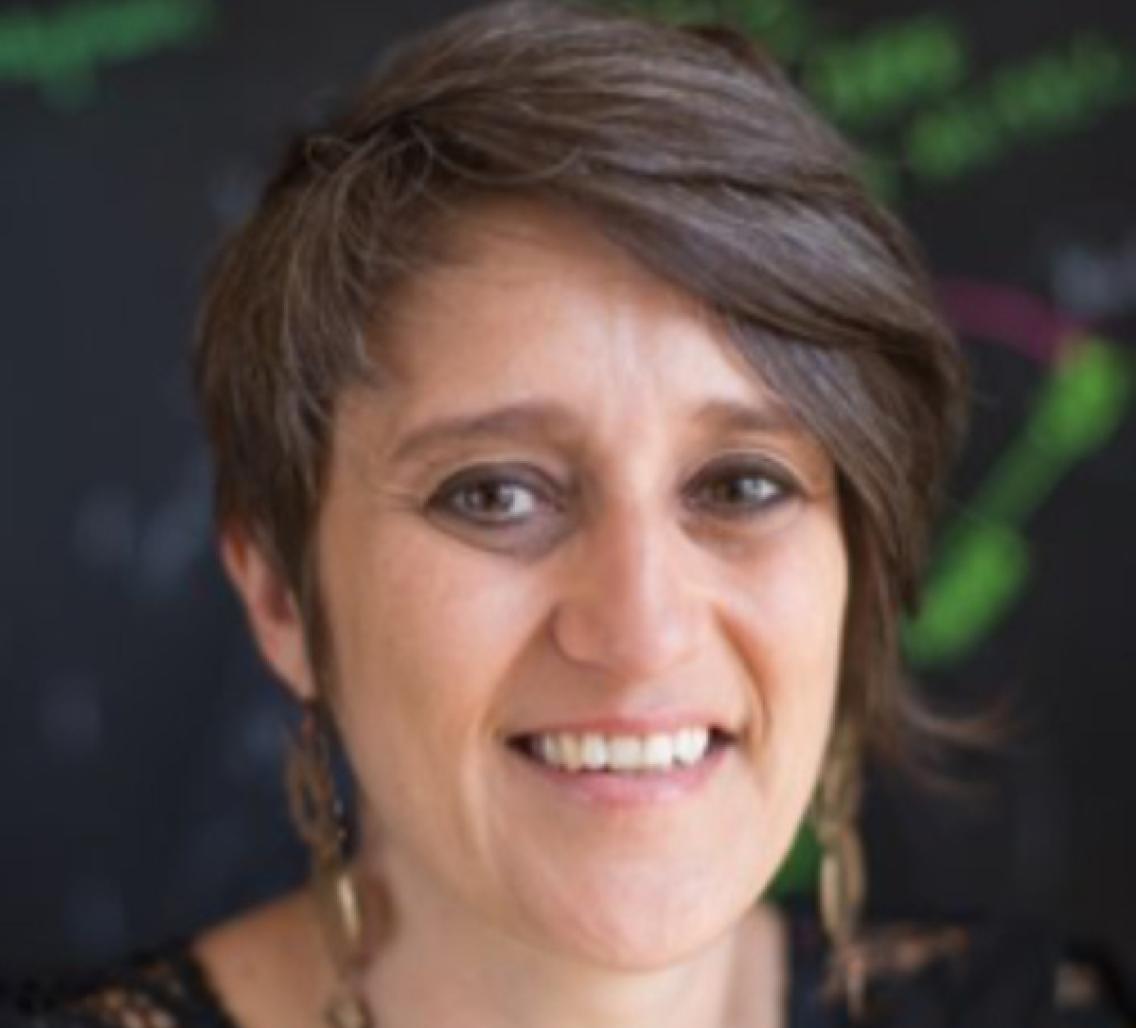Event Details:

Join us at Gunn Rotunda in the Stanford Neurosciences Building to learn about the latest cutting-edge, cross-disciplinary brain research, from biochemistry to behavior and beyond
Wu Tsai Neuro's weekly seminar series is back to being held in-person since Fall 2022. Masking is strongly encouraged for the health and safety of our community Join the speaker for coffee, cookies, and conversation after the talk
Reopening critical periods with psychedelics: basic mechanisms and therapeutic opportunities
Abstract
Psychedelics are a broad class of drugs defined by their ability to induce an altered state of consciousness. These drugs have been used for millennia in both spiritual and medicinal contexts, and a number of recent clinical successes have spurred a renewed interest in developing psychedelic therapies. Nevertheless, a unifying mechanism that can account for these shared phenomenological and therapeutic properties remains unknown. Dr. Dölen will present evidence that the ability to reopen the social reward learning critical period is a shared property across psychedelics. Interestingly, the time course of critical period reopening is proportional to the duration of acute subjective effects reported in humans. Furthermore, the ability to reinstate social reward learning in adulthood is paralleled by metaplastic restoration of oxytocin mediated long-term depression (OT-LTD) in the Nucleus Accumbens (NAc). Finally, identification of differentially expressed genes in the ‘open state’ versus ‘closed state’, provides evidence that reorganization of the extracellular matrix (ECM) is a common downstream mechanism underlying psychedelic mediated critical period reopening. Together these results have significant implications for the implementation of psychedelics in clinical practice, as well as the design of novel compounds for the treatment of neuropsychiatric disease
Gül Dölen
Johns Hopkins University
Dr. Dölen earned her M.D., Ph.D. at Brown University, and the Massachusetts Institute of Technology (MIT), where she carried out seminal work on the pathogenesis of autism. Dr. Dölen completed postdoctoral training in the Department of Psychiatry at Stanford University, where she did paradigm-shifting work on the neural circuits underlying social reward learning. In 2014, Dr. Dölen began her faculty position in the Department of Neuroscience at the Johns Hopkins University, School of Medicine, and was promoted to Associate Professor in 2020. Her laboratory studies the neurotransmitters, brain circuits, developmental programs, and evolution of social behaviors. Dr. Dölen is the recipient of several prestigious awards including: the Joukowsky Family Foundation Award, the Conquer Fragile X Rising Star Award, the Angus MacDonald Award for Excellence in Undergraduate Teaching, the Society for Social Neuroscience Early Career Award, the Searle Scholars Award, and the Johns Hopkins University President’s Frontier Award. Dr. Dölen is a pioneer and world leader of psychedelics research. Her laboratory has discovered a novel mechanism that could account for the broad range of therapeutic applications that psychedelics are currently being tested for. Specifically, her lab has discovered a novel critical period for social reward learning and shown that this critical period can be reopened with the psychedelic drugs like MDMA (Nardou, et al Nature, 2019), LSD, psilocybin, ketamine, and ibogaine (Nardou et al, Nature in revision). Building on this discovery, she has formulated the hypothesis psychedelics may be the long sought “Master Key” for unlocking critical periods across the brain. To test this hypothesis, she has initiated a nationwide collaborative effort to determine whether psychedelics reopen critical periods for ocular dominance plasticity, bird song learning, anatomical plasticity in the barrel cortex, serotonergic neuronal regeneration, dendritic spinogenesis, and motor learning. Importantly, understanding psychedelics through this framework dramatically expands the scope of disorders (including autism, stroke, allergy) that might benefit from adjunct therapy with psychedelics, an approach she has dubbed the PHATHOM project (Psychedelic Healing: Adjunct Therapy Harnessing Opened Malleability, www.phathomproject.org).
Hosted by - Andrea Gaspert (Keren Haroush Lab)
About the Wu Tsai Neuro Seminar Series
The Wu Tsai Neurosciences Institute seminar series brings together the Stanford neuroscience community to discuss cutting-edge, cross-disciplinary brain research, from biochemistry to behavior and beyond.
Topics include new discoveries in fundamental neurobiology; advances in human and translational neuroscience; insights from computational and theoretical neuroscience; and the development of novel research technologies and neuro-engineering breakthroughs.
Unless otherwise noted, seminars are held Thursdays at 12:00 noon PT.